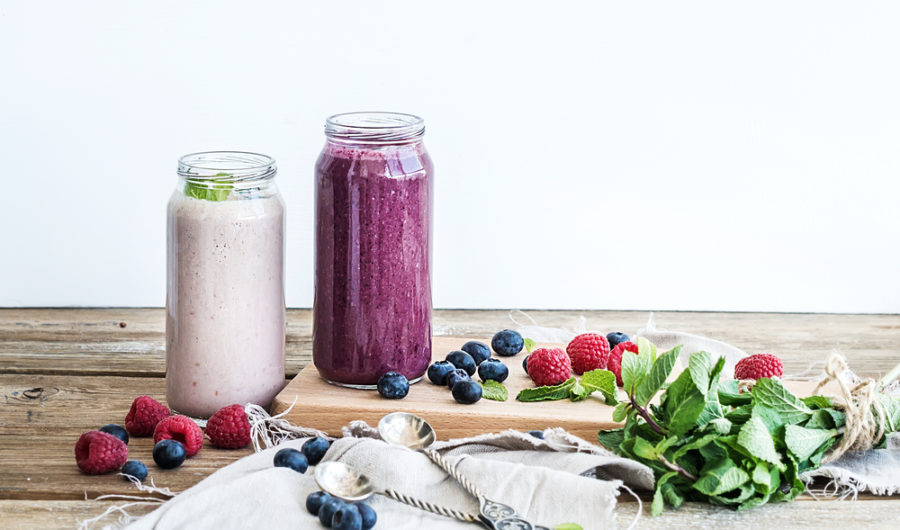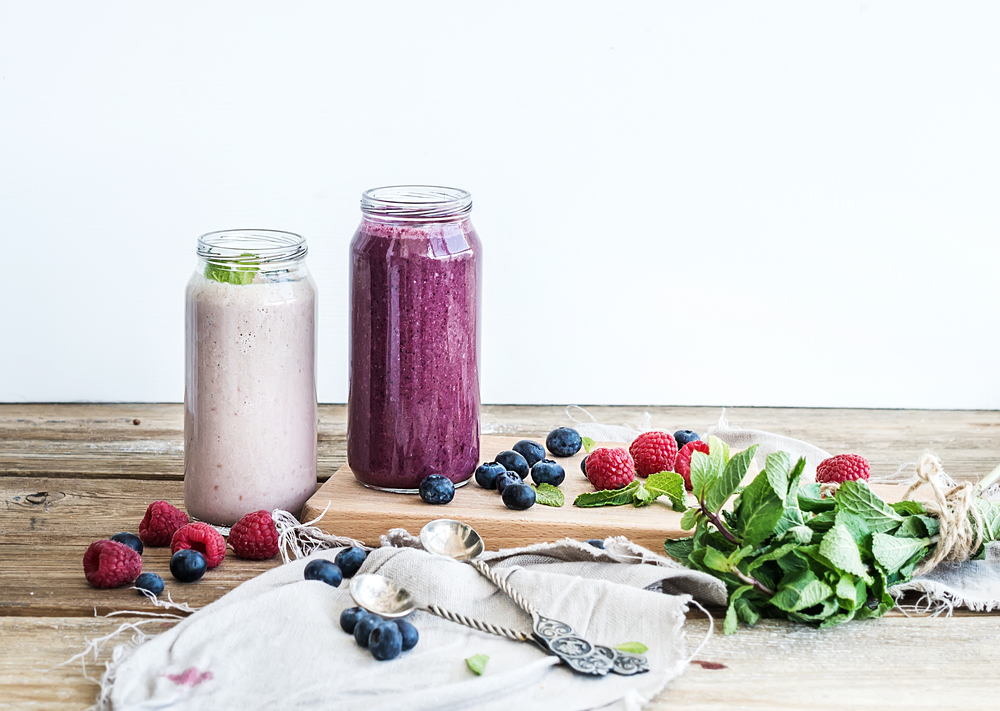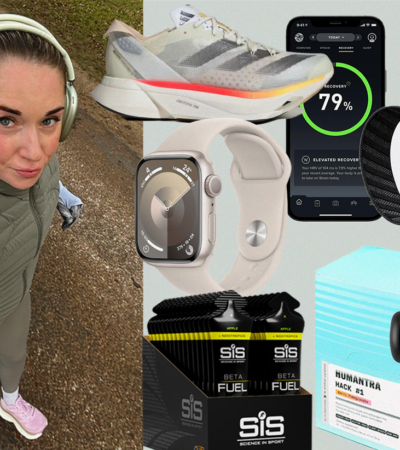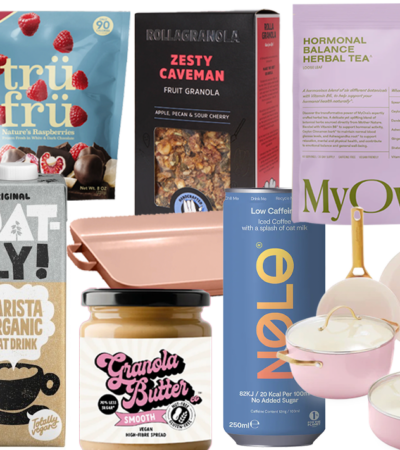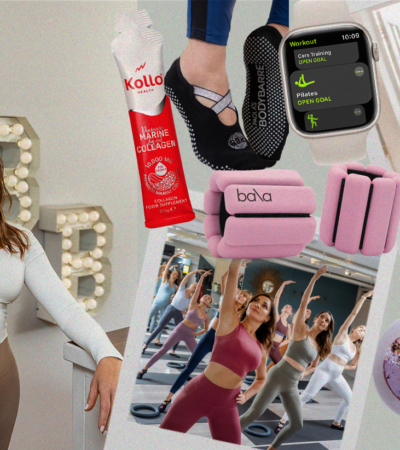Do you worry about your skin and the effects that air pollution and sun exposure might be having on it? Dull skin, inflammation, premature ageing and breakouts are some of the common problems that can show up on the skin but there’s no need to reach for expensive potions or start a complicated beauty regime. Whilst wearing SPF is probably the number one skin protector, it’s not all about what you put on your skin. What we eat and drink hugely contributes to the health and overall glow of our skin and can be the real game changer when trying to solve your skin problems. Dr Sara Diaz, consultant for female-focused nutrition company, her1, shares how to eat to solve your specific skin problems
Problem: Redness, Solution: Antioxidants
When it comes to skincare, antioxidants are what you want to load up on. These naturally occurring food chemicals are there to protect you inside and out from the damages caused by the environment including pollution, harmful chemicals, excessive sun rays and stress. While all vegetables and fruits have antioxidants, the dark coloured ones are the ones you especially want to go for, think dark greens, reds and purples. Add collard greens to your plate, snack on cherries and add blueberries to your morning oats. Antioxidants are also found in tea and coffee.
Problem: Breakouts, Solution: Probiotics
A healthy gut translates into outer beauty. To ensure you reduce those pesky breakouts it is important that you consider the state of your gut. Because the gut acts as a barrier for unwanted components, if it is damaged it may allow unwanted toxins to leak through and later show up on your face. A way to avoid this is by ensuring you are populating your gut with the beneficial bacteria it needs (a.k.a. probiotics). Food sources of probiotics include high-quality yoghurt, kefir, sauerkraut, kombucha, and kimchi. Skin troubles are often greatly improved just by taking a high-quality probiotic supplement to help replenish the good bacteria in the gut. To this, you can add some prebiotic fibres, which are basically food for the good bacteria in your body. Prebiotics are found in unripe bananas, artichokes, leeks and apples.
Problem: Dryness, Solution: Healthy Fats
Dry skin may be attributed to a lack of hydration, so make sure to drink water regularly throughout your day. However, you can also help manage this skin condition by consuming sufficient favourable fats. This means adding avocados, olives, nuts and seeds to your dishes. You can also consider having some oily fish (sardines, salmon) and vinaigrette, both of which add to your fat intake and help achieve glowing (as opposed to dry) skin. And don’t forget coconut, which you can both eat and smear all over yourself. For cooking try some ghee, which is also a source of vitamin E, one that is key for skin health.
Problem: Puffiness, Solution: Water
Hydrate, hydrate, and then hydrate some more. While it might seem counterproductive to put more water into your body when you are having that puffy feeling, it works. When cells are in a dehydrated environment, they pull more water in than is necessary, thus the puffiness. So, by making sure you have enough fluids in your body you are helping the puffiness go down. Not a fan of plain water? Try green tea (which comes with the added antioxidant effect), herbal teas or infused water. Adding citrus fruits, cucumbers and ginger makes your drink more exciting and adds to your self-care routine. Coconut water is also very hydrating. Further to this, go easy on your salts, whether they be kosher, pink Himalayan or sea salt. Excess salts can add to the problem, plus there are so many other ways to season your meals. Take it as an opportunity to explore the wide world of herbs and spices.
Problem: Wrinkles, Solution: Collagen
This one is more long term, but you can still eat in a way that helps you delay the signs of ageing. Collagen is your best buddy here, a protein that is not just for your skin but also for your gut health. You can find collagen in bone broth, sardines, and as a powder supplement. If you are following a vegan lifestyle you can opt for collagen-precursors such as kelp and other seaweeds. Food high in proline, vitamin C, vitamin A, and anthocyanidins also support collagen formation, so adding some egg whites, cabbage blueberries, and nuts to your plate should help. Collagen is a food component that helps maintain the elasticity and tone of our skin tissue, helping us avoid wrinkles over time. It is the main component of other tissues as well, including tendons, ligaments, muscles and bones.
One last word of wisdom, stay away from too much sugar. Consuming excessive amounts of sugar adds to the visible signs of ageing, giving us a more tired look. So, try cutting this out of your regular eating habits. This advice also goes for highly-processed foods. Take care of yourself naturally, and love the skin you’re in.
her1 is a female-focused company delivering natural, superfood beauty nutrition blends to fuel the busy modern woman.
Subscribe to our Newsletter + receive our Sugar & Dairy Free E-Recipe Book, In The Hip & Healthy Kitchen.

